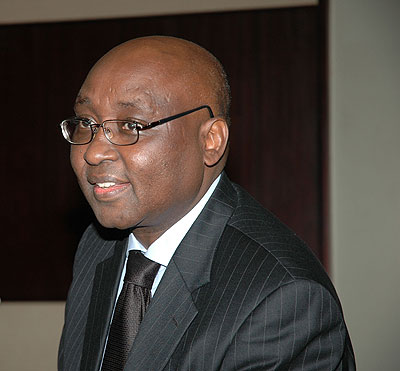National
AfDB warns of cuts in donor funding
The African Development Bank (AfDB) has warned countries to prepare for four emerging challenges, including aid cuts.

AfDB chief Dr Kaberuka. The New Times/ File

